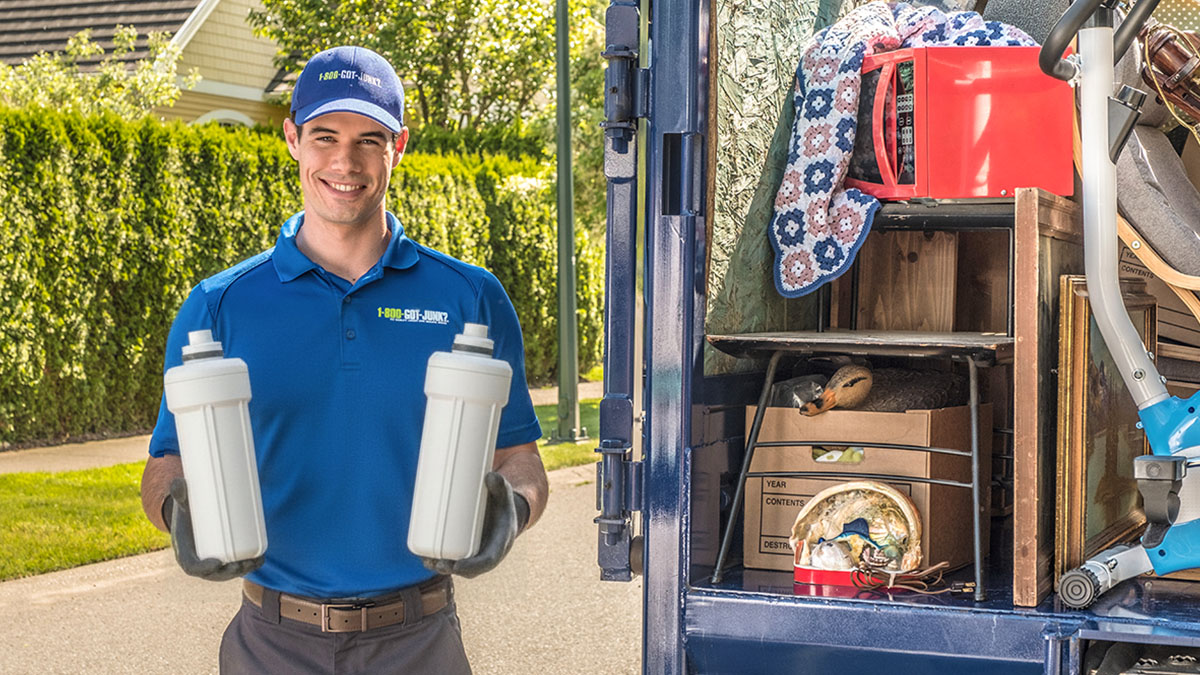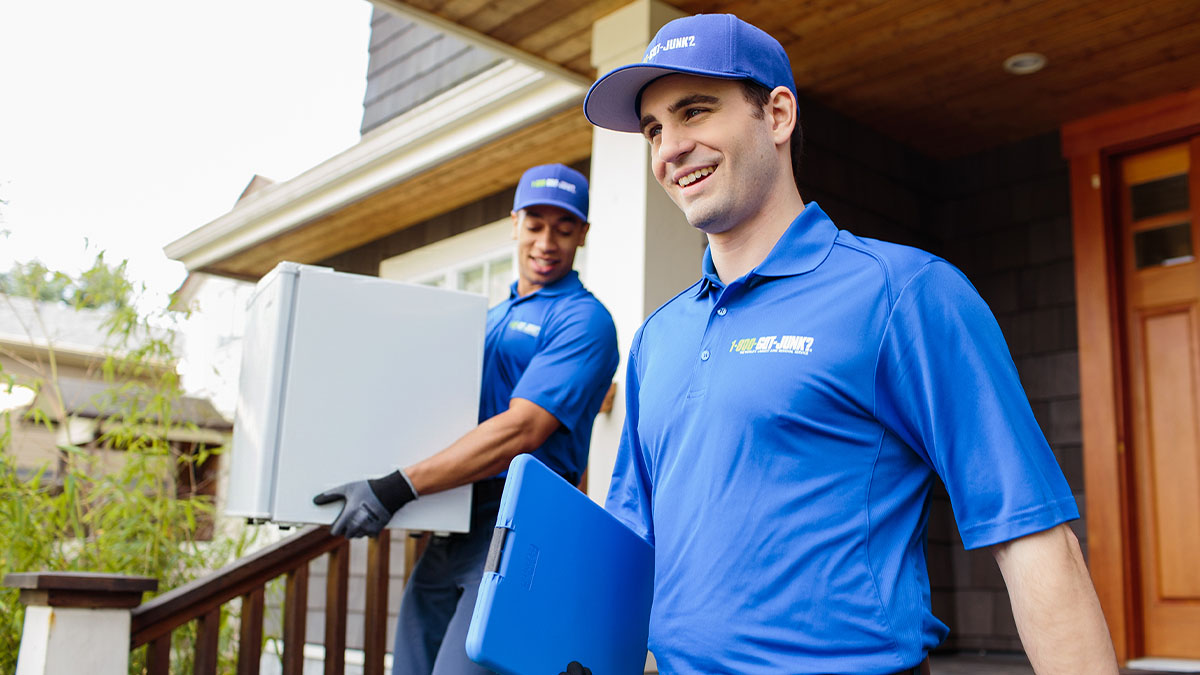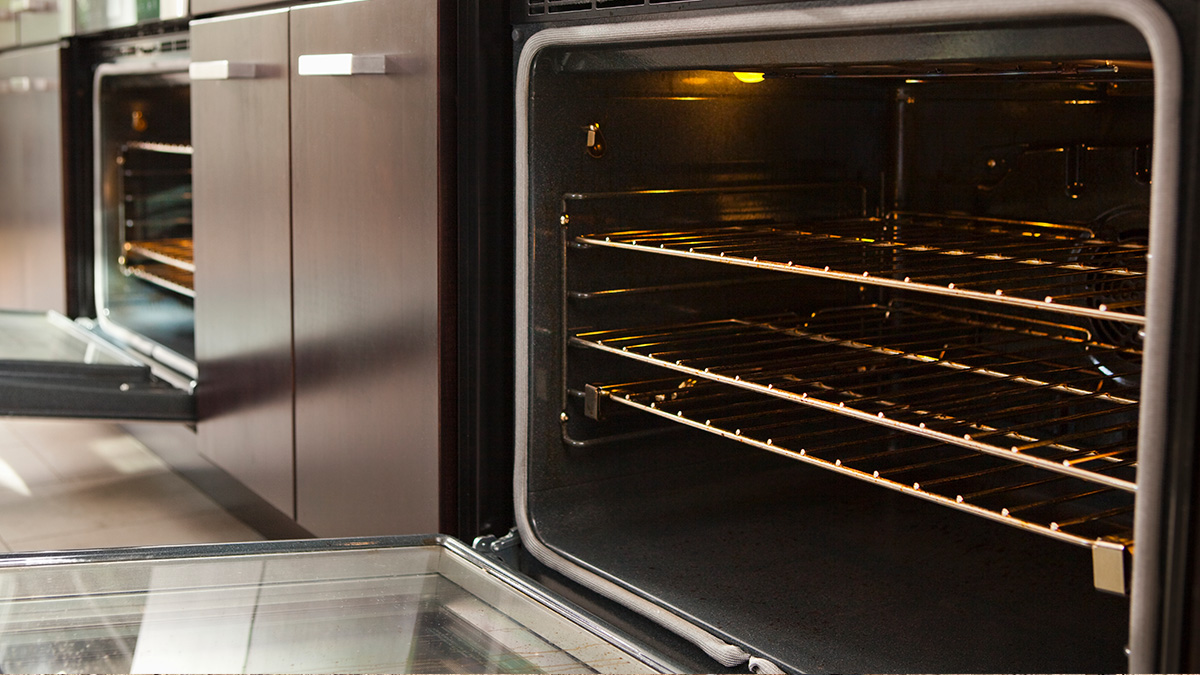Clean-up after a natural disaster is an emotional, time-consuming task. It can also be extremely dangerous: storm clean-up requires specific supplies, techniques, and products to clean up safely and effectively. Amidst the wreckage and debris, it can be challenging for residents to know where to start.
At 1-800-GOT-JUNK?, we’ve been on the front lines of several natural disasters. Over the years, we’ve seen homes flooded, buildings destroyed and ruin of all kinds. As experts in clean-up and junk removal, we feel it’s our duty to provide on-the-ground aid to affected residents.
Make safety a priority when proceeding with hurricane debris removal
In challenging times, we want to do our part to make your clean-up as easy as possible. Here are our tips for safe and effective clean-up after a natural disaster or oncoming winter storms.
1. Check your environment
Before you start any post-disaster clean-up, you need to make sure your environment is safe. When re-entering your home, be cautious and aware of the conditions. Is there potential water or structural damage? Are electrical appliances wet? Can you smell gas or other chemicals? If so, call the appropriate authority: an inspector, electrician or other government body. Do not enter the building until it has been cleared by a professional. Once you’ve determined your home is safe, you can start clearing out debris.
2. Protect yourself with the proper gear
Disasters create all kinds of debris and you need to prepare accordingly. It’s a dirty job so regardless of what you’re cleaning up, wear old clothing and gloves to protect yourself. Take extra precautions when handling potentially dangerous items (like propane tanks, car batteries, electrical equipment, or sewage). Use appropriate gear, such as gloves, face masks, boots, and goggles. If you need to operate a chainsaw to remove fallen trees or branches, always follow the manufacturer's instructions, and wear protective clothing, earplugs and safety goggles. Make sure that any bystanders are safely out of the way.
3. Don’t try to do it alone
The debris created by natural disasters is often heavy and difficult to dispose of. If you try to move larger items (like fridges, dishwashers, concrete or fallen trees) alone, you could seriously hurt yourself. Ask your family, friends, and neighbors for help, and always work in teams. Be aware that certain items can be especially dangerous if handled incorrectly. Damaged fridges may leak Freon, electrical appliances can short-circuit, and some things may be too heavy to remove on your own. In these cases, always call a professional service.
4. Pace yourself
In disasters of this magnitude, clean-up can take weeks or even months. While it’s important to act fast (particularly for hazardous or water-damaged materials), you won’t be able to do it all in one go. Start with the most important things and take breaks when needed. Work together with family and neighbors so you feel safe and supported. This is already a stressful and emotional time; pace yourself so you don’t get overwhelmed.
5. Have a disposal plan
There’s no way to fully prepare for the effects of a natural disaster. But planning ahead can alleviate some of the stress during hurricane clean-up. Create a list of who to call to dispose of certain items. In most cases, local governments offer debris removal free of charge, as long as you’ve categorized your waste and placed it on the curb.
Disaster clean-up is hard work but you’re not in this alone. If you need extra help, our 1-800-GOT-JUNK? Franchise Partners are ready to lend a hand. They’re trained professionals with years of experience in junk removal and disaster clean-up. As you work to recover and rebuild, they can help you do it safely.






